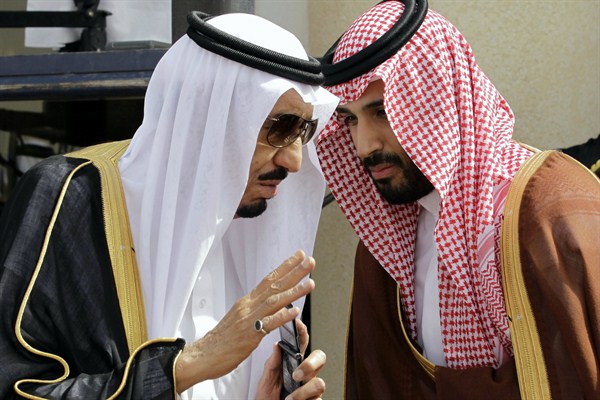One of the most dramatic socio-economic experiments in the world is unfolding in Saudi Arabia, where exactly one year ago, a young prince launched an ambitious plan to transform his conservative, oil-rich kingdom. The reform program, named Vision 2030, seeks to wean the country from its near-total reliance on oil revenue and government largesse, turning it into one that is more balanced, more modern and more sustainable by the year 2030.
But last week, near the anniversary of the modernization plan’s unveiling last April, the kingdom announced it was rolling back some of its key austerity measures. The reversal raises a pivotal question: Was it a sign that the plan is faltering, or a sign that it is succeeding?
Vision 2030—the signature, transformative project of Deputy Crown Prince Mohammed bin Salman—was always fraught with risk. After all, few policies are more certain to produce popular discontent than cuts in subsidies, salaries and government benefits. And austerity measures, while only a fraction of the large-scale changes envisioned by the reforms, are an important part of the effort to trim Saudi Arabia’s public sector—the government is currently the country’s main employer—and reduce the oil industry’s domination of the economy.

